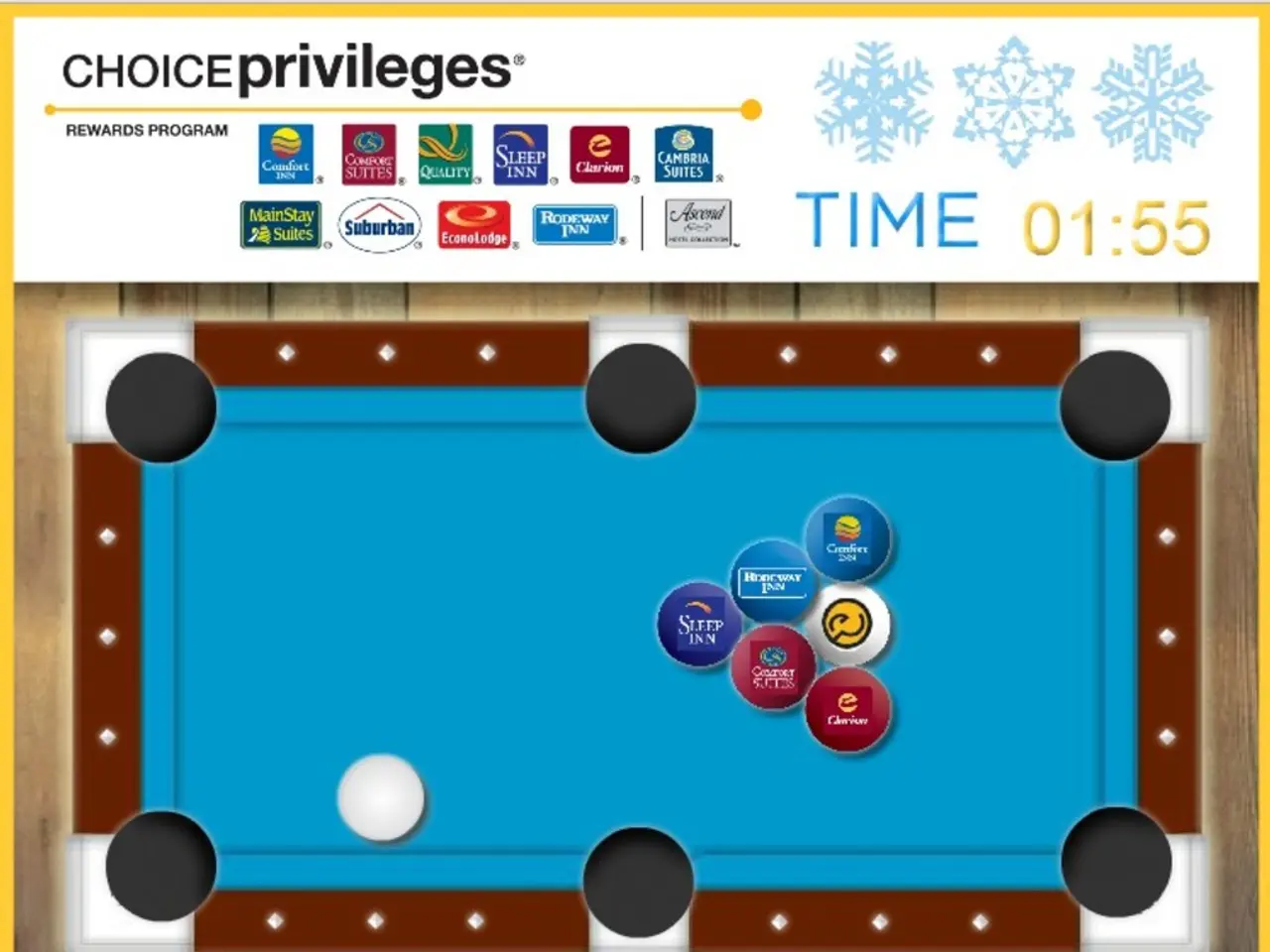Topic Highlights:
In the world of tabletop gaming, one game that has garnered attention for its innovative rule-writing approach is Gaslands. Developed by an author with a background in software development, the rules of Gaslands are designed to resemble software functions, with keywords playing a crucial role in ensuring unambiguous communication.
The author's approach has resulted in the creation of internal jargon for the game, with terms such as 'gear phases', 'Movement Step', 'Attack Step', and 'Wipeout Step' becoming commonplace. These terms are edited in title case once, in the section that defines them, and then used consistently in lowercase throughout the rest of the text.
A game of Gaslands is played in rounds, divided into six gear phases. Each gear phase involves the activation of qualifying vehicles, starting with the player with pole position. When a vehicle activates, it moves in the Movement Step, then potentially attacks in the Attack Step, and then any vehicle with too many hazard tokens will wipeout in the Wipeout Step.
Perks represent the skills and experience of the members of your team in Gaslands. They allow you to further personalise your team. Perks are divided into a set of perk classes, and vehicles may only purchase perks from those perk classes lists under their chosen sponsor.
One of the key features of Gaslands is the Evade mechanic. When a vehicle's controller wishes to evade an attack, they roll a number of dice equal to the vehicle's current gear. Each roll of a 6+ on an evade dice cancels one hit. After the attacker has rolled all their attack dice for this attack step and calculated the total number of hits the target is suffering, the target may make a single Evade attempt.
However, the author's initial use of extensive capitalization was criticized for making the rules look ridiculous due to the extensive use of capitalized terms. To address this, the author moved towards a more "natural language" usage for game terms in the revised version of Gaslands.
The advantages of using clearly demarcated keywords in game rule writing, as discussed in sources like the Design Games podcast and the revised and expanded version of Gaslands, include enhanced clarity, improved consistency, simplified communication, and streamlined gameplay. Keywords provide players with quick, consistent reference points embedded in the rules, making complex interactions easier to understand and recall during play.
On the downside, there are some potential disadvantages. Excessive use of specialized keywords can create a high barrier to entry, overwhelming new players who must memorize many terms before playing comfortably. If keywords are not well explained or contextually intuitive, they might cause misunderstandings or require frequent cross-referencing. Overly strict keyword definitions may limit creative interpretation or flexibility in house rules or emergent play styles.
In the context of Gaslands Revised and Expanded, the use of keywords is praised for bringing precision and consistency across a complex ruleset involving vehicle combat, increasing accessibility while maintaining tactical depth. The sources emphasise clarity, strategic redundancy, and the elimination of confusing or unnecessary rules as guiding principles for effective game design and rule writing.
In sum, clearly demarcated keywords in game rule writing strike a balance between clarity, consistency, and streamlined gameplay, with the caveat that they must be well-crafted and appropriately explained to avoid alienating or confusing players. This approach serves both as a design tool and a way to improve player comprehension when done thoughtfully.
Despite Gaslands' focus on tabletop gaming, its innovative rule-writing framework drew inspiration from the author's background in software development, incorporating keywords similar to functions in technology. For instance, the game is compartmentalized into distinct phases like 'gear phases,' 'Movement Step,' 'Attack Step,' and 'Wipeout Step.'
Smartphones and gadgets are not a part of the Gaslands gameplay, but the author's use of clear and consistent keywords in rule-writing demonstrates an approach often found in smartphone apps and advanced software systems, making the game rules easier to comprehend and implement.




